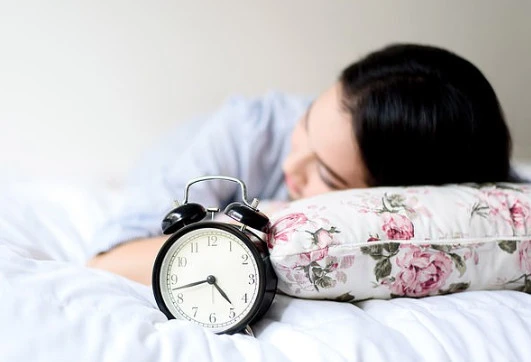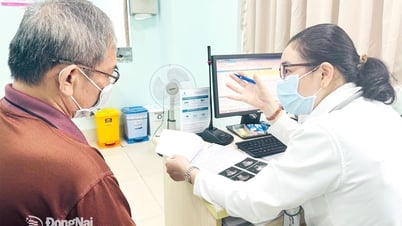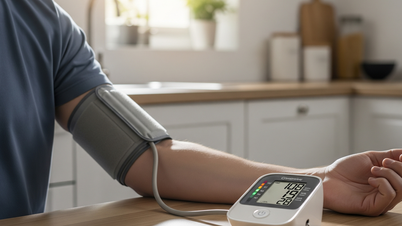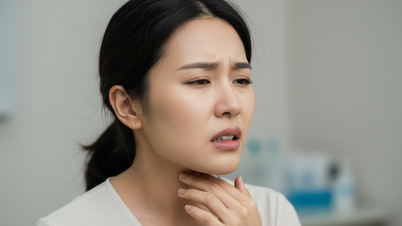New research from the University of Virginia (USA) has found that waking up to an alarm clock increases blood pressure, thereby increasing the risk of cardiovascular events such as stroke and heart attack, according to Newsweek .

Even though many people don't like the sound of the alarm clock in the morning, they still need it.
This study adds to the growing body of research on the best way to wake up.
The study, conducted by Dr. Yeonsu Kim, a doctoral student at the University of Virginia, involved 32 participants. The aim was to explore how waking up abruptly to an alarm clock changed people's blood pressure.
Participants wore smartwatches, bracelets to monitor blood pressure, and were tested over two days.
On the first night, they were instructed to wake up naturally without an alarm. On the second night, they were asked to set an alarm to wake up after about 5 hours of sleep.
Results found that waking up to an alarm increased blood pressure by 74 percent compared to waking up without an alarm, according to Newsweek .
This suggests that being woken abruptly by an alarm clock, especially when not getting much sleep, will cause a rise in blood pressure in the morning.
Dr. Kim notes that people with heart disease may experience more harm from morning blood pressure spikes if they sleep less and are startled awake.

Waking up to an alarm clock increases blood pressure, which in turn increases the risk of cardiovascular events such as stroke and heart attack.
Morning hypertension
Research shows that waking up to an alarm clock contributes to morning blood pressure spikes, a spike in blood pressure that occurs when people transition abruptly from sleep to wakefulness.
Morning hypertension is a risk factor for cardiovascular complications such as stroke and heart attack. Although everyone experiences it to some degree, people who regularly experience morning hypertension may be at greater risk.
One factor that contributes to high blood pressure is poor sleep. Previous studies have shown that sleeping less than 7 hours a night increases the risk of high blood pressure and the risk of stroke or heart attack.
These findings need to be confirmed and replicated on a larger scale, said Dr. Kim.
The next step will be to study larger numbers of participants to better understand how having to wake up to an alarm affects the body.
Source link







































































































Comment (0)